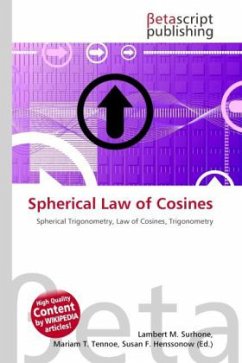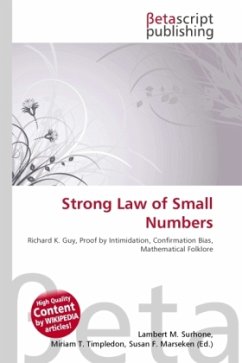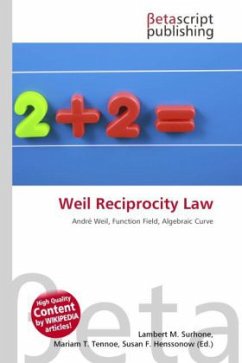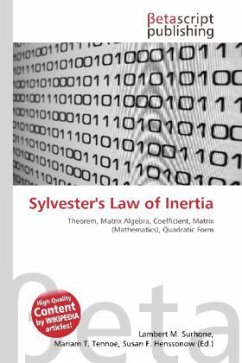High Quality Content by WIKIPEDIA articles! Electrical conductivity or specific conductance is a measure of a material's ability to conduct an electric current. When an electrical potential difference is placed across a conductor, its movable charges flow, giving rise to an electric current.The degree of doping in solid state semiconductors makes a large difference in conductivity. More doping leads to higher conductivity. The conductivity of a solution of water is highly dependent on its concentration of dissolved salts, and sometimes other chemical species that ionize in the solution. Electrical conductivity of water samples is used as an indicator of how salt-free, ion-free, or impurity-free the sample is; the purer the water, the lower the conductivity (the higher the resistivity). Conductivity measurements in water are often reported as specific conductance, which is the conductivity of the water at 25 °C.
Bitte wählen Sie Ihr Anliegen aus.
Rechnungen
Retourenschein anfordern
Bestellstatus
Storno








